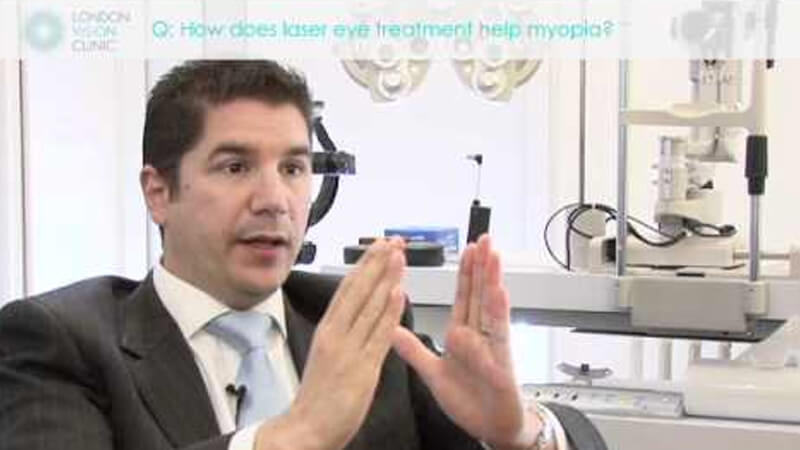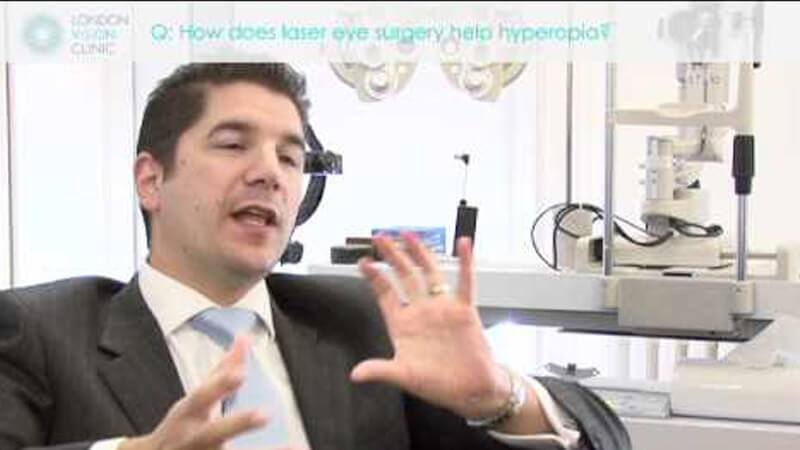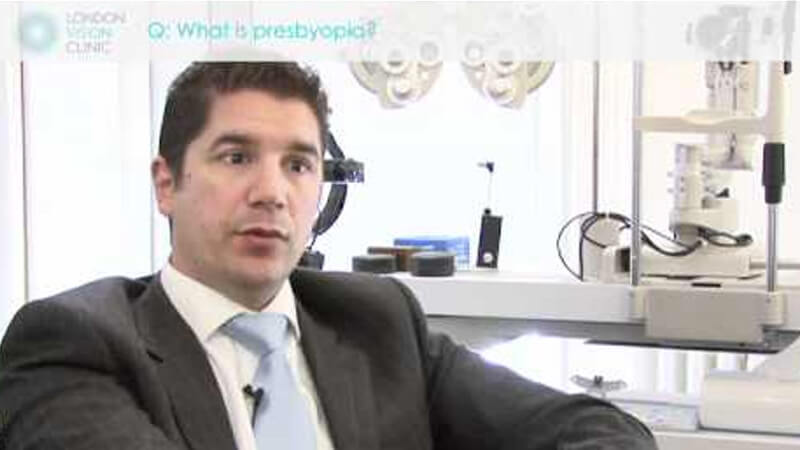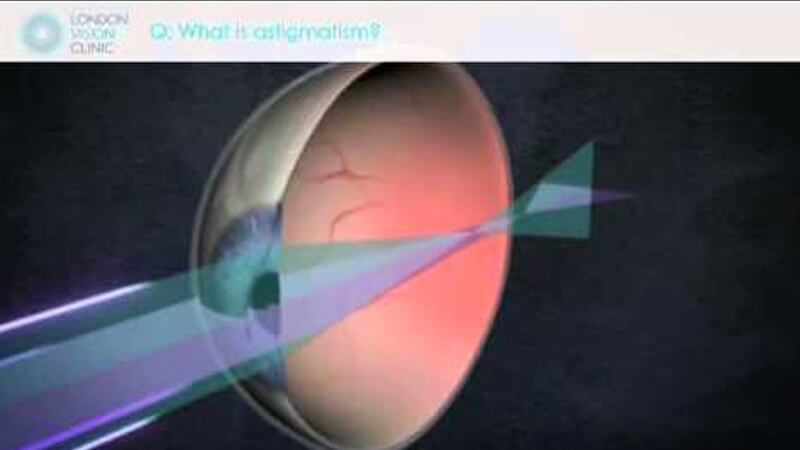What are the Most Common Refractive Errors?

For many people, glasses and contact lenses have become a static feature in their lives. Remembering – or forgetting – glasses on the way out of the door in the morning is like second nature. Remembering to remove contact lenses before bed is a constant worry. But the reason these visual aids are required in the first place varies from person to person.
Most refractive errors are caused when light is not effectively focused on the retina; however, this may happen in a number of ways. Depending on the exact problem, your vision will be affected in a different way – most commonly in either hyperopia (long-sightedness), myopia (short-sightedness), astigmatism, or presbyopia. Below, we explain in more detail what each of these refractive errors means and what causes them.
Myopia – Short-Sightedness
Myopia, or short-sightedness, is the leading cause of correctable vision loss in the world. In fact, mounting evidence suggests that its prevalence may be on the rise, with an estimated 50% of the world’s population forecast to be affected by 2050!
This common refractive error occurs when the eye is too long, from front to back, or the cornea is more curved than needed for clear vision. This means that, when light is directed into the eye, it does not reach the retina at the back of the eye. Instead, the image is focused in front of the retina, resulting in blurred images being sent to the brain.
This means that short-sighted people are unable to see clearly at a distance. For example, you may struggle to read the numbers on the fronts of buses or the text on street signs. On the other hand, short-sighted people often have very good vision when it comes to objects that are close by. This is because your eyes are naturally focused at this distance!
Laser Eye Surgery is becoming an increasingly popular option for the correction of refractive errors – including myopia. By reshaping the cornea, Laser Eye surgeons are able to permanently change the way light is reflected onto the retina, so that focusing power is matched to the length of the eye.
In the video below, Mr Glenn Carp explains how Laser Eye Surgery can treat myopia.

Hyperopia – known to most as ‘long-sightedness’ – is a common problem that occurs when your eyeball is slightly shorter, or the cornea slightly flatter, than required for clear vision. This affects the focussing ability of the eye and, as a result, light is focused slightly beyond the retina, rather than on it, causing objects to appear blurry.
While you may be able to see clearly at a distance, long-sightedness affects your ability to see objects that are closer to you. People with long-sightedness are often born with the error; but in some cases, hyperopic eyes may self-focus in younger individuals by utilising the eye’s zooming ability to compensate for blurriness.
However, as we age, this ‘zoom’ becomes less effective, meaning near vision may deteriorate further. Many people with long-sightedness will use glasses or contact lenses to correct their refractive error. A growing number of people, though, are turning to Laser Eye Surgery to correct hyperopia, permanently.
In the video below, Mr Glenn Carp explains how Laser Eye Surgery is used to correct hyperopia to give long-sighted patients clearer vision.

Presbyopia – Ageing Eyes
Those of us that were not born with hyperopia, myopia, or astigmatism may count our blessings that we have not had to give a second thought to our vision; but we’re not out of the woods yet. As we get older, our eyes naturally begin to deteriorate – a phenomenon known as “presbyopia”, or more literally, “ageing eye”.
Presbyopia is something we all have to look forward to. For most people this deterioration in vision begins to set in between the ages of 40-50. While it is different for us all, the chances are that one day, we will all need glasses – or correction – to achieve the vision we used to take for granted.
So, what causes this deterioration? Well, as our eyes age, the lens inside the eye begins to lose its ability to change shape and shift the focus of the eye from far to near. Effectively, this means that the eye’s natural ‘zooming’ mechanism begins to fail. As this happens, we lose our ability to read small print, such as newspapers, receipts, and menus without the help of a visual aid.
Traditionally, people have turned to reading glasses, bifocal or varifocal lenses, or even Clear Lens Exchange surgery (replacing the eye’s natural lenses with artificial ones). But there is another way.
At London Vision Clinic, we have been successfully treating presbyopia since 2004 – with PRESBYOND® Laser Blended Vision
In the video below, Mr Glen Carp explains how presbyopia affects our vision.

Astigmatism
Last up on our list of the most common refractive errors: Astigmatism. Unlike hyperopia and myopia, this error is less to do with the shape of the cornea (the clear covering at the front of the eye), and more to do with the shape of the eyeball itself.
If we were comparing eyeballs to sports balls, a normal, perfectly-working eye would be round, like a football. In astigmatic eyes, however, the eye is shaped more like a rugby ball (like an oval). This abnormal shape causes a curvature in the cornea which is not the same horizontally as it is vertically.
As a result, light entering the eye is focused at two different planes as opposed to a single point. This causes images to become blurred or distorted when they are sent from the retina to the brain. People with astigmatism may also experience ‘ghosting’. This means that a second image overlaps with the primary image – like double vision.
It is a fairly common problem, with around half of all people with myopia and hyperopia also having some degree of astigmatism.
Laser Eye Surgery can correct astigmatism – whether it is co-occurrent with another refractive error or present on its own – by reshaping the cornea.
Check out the video below for more information on astigmatism.

Are you wondering whether Laser Eye Surgery could treat your refractive error? Get in touch with one of our friendly clinic coordinators who can walk you through your options. Alternatively, Book a Consultation today.


